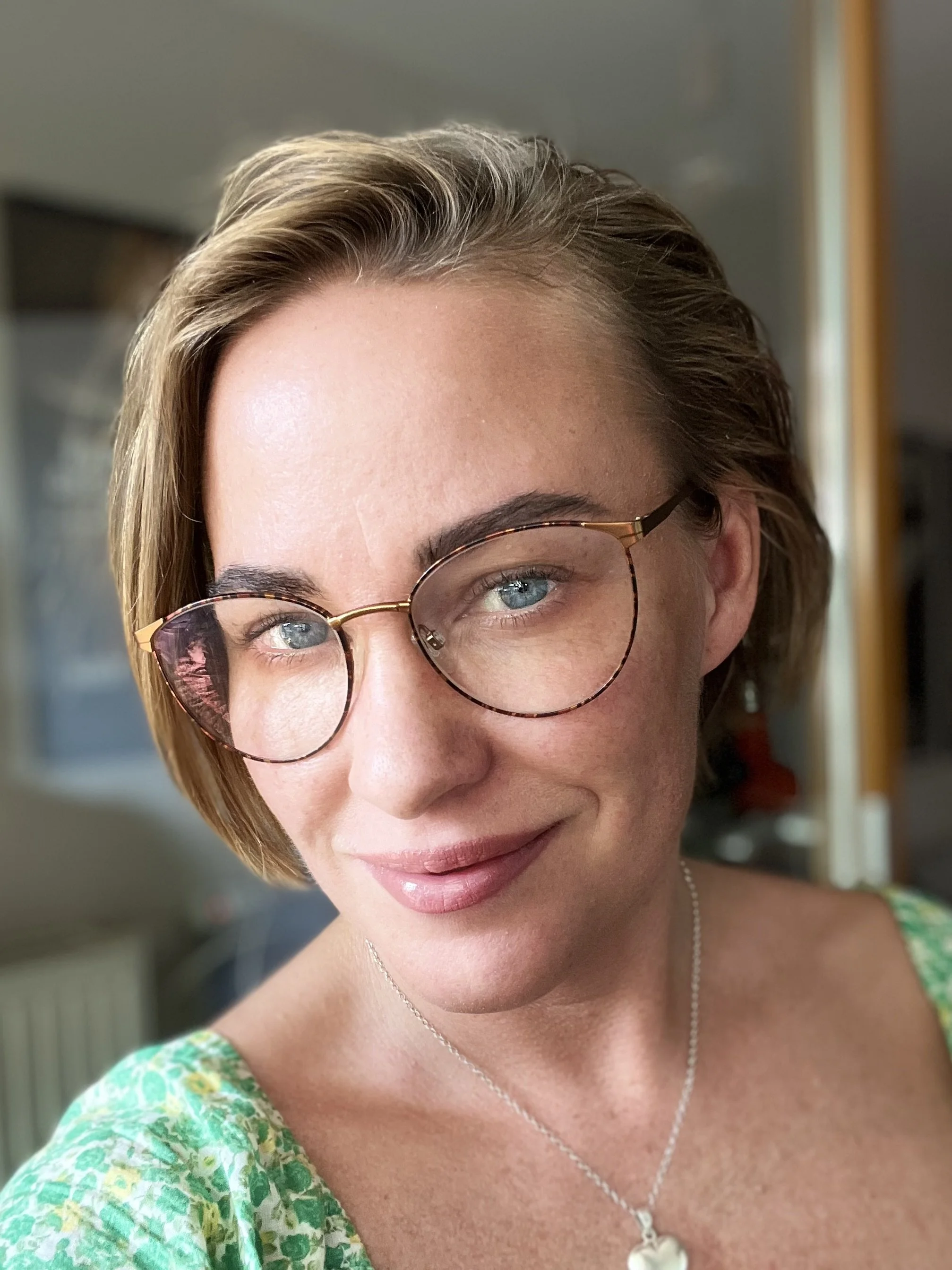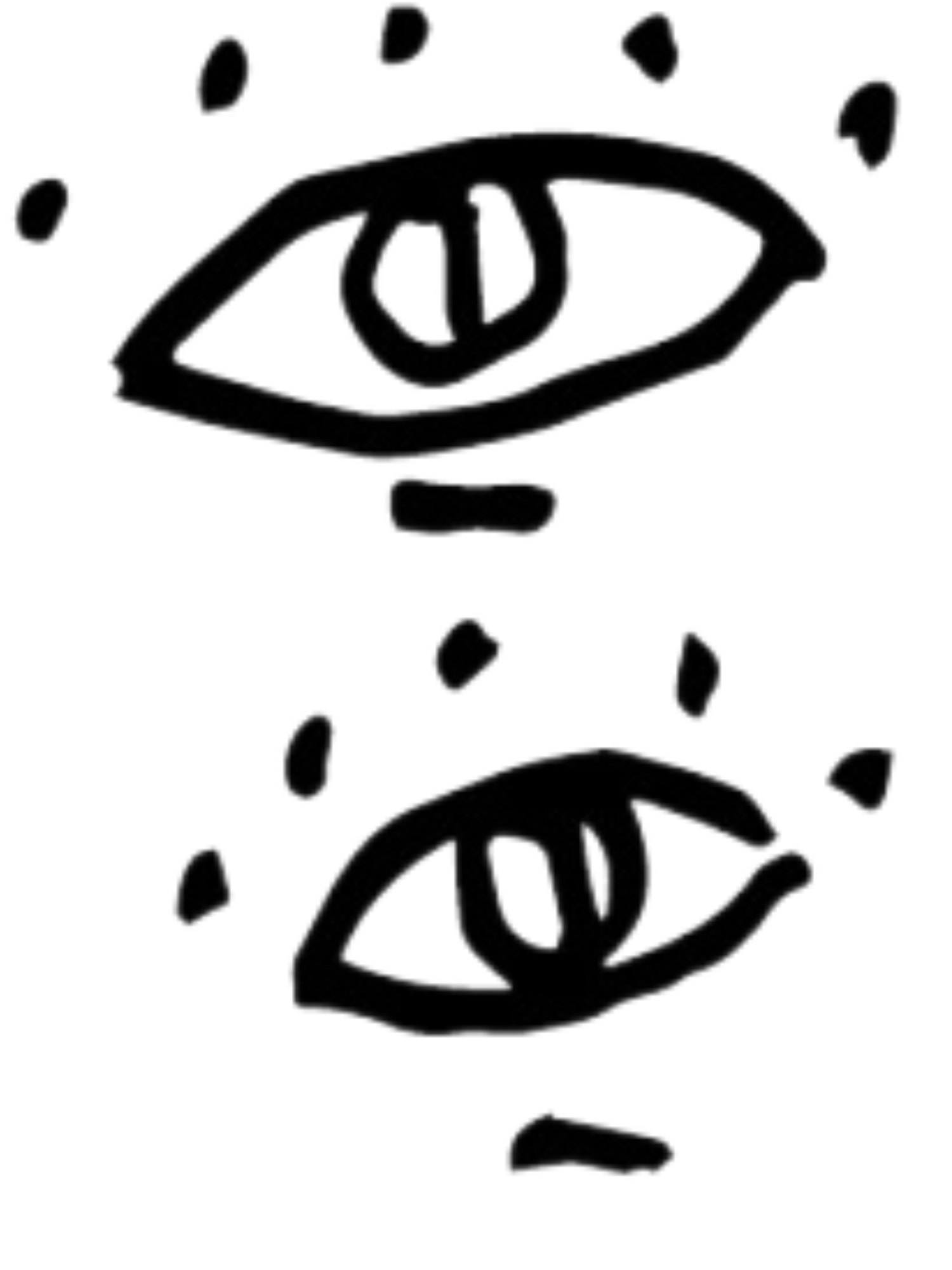My story
My name is Elisabeth Rosenbrand, and I grew up in the small town of Luleå in northern Sweden. A few years ago, I went through a breakup that set me on a thorough and long process of healing and self-discovery, challenging everything I thought I knew about myself and relationships. When the pandemic hit, I used that time to dive deep into studies on attachment theory, codependency, nervous system regulation, and stress physiology, not just as concepts, but as lived experiences.
That journey led me to leave my long-time career as a project manager in the cultural sector and fully commit to this work. Since then, I’ve built a tailored education around the areas I find most vital to relational wellbeing, combining formal training, academic coursework, and years of self-directed study.
I hold a diploma in coaching from the International Coaching Federation (ICF), and have completed university-level coursework in psychology at Linnaeus University in Sweden. My studies have included cognitive psychology, neuropsychology, positive psychology, and clinical applications of attachment theory. Alongside this, I’ve spent over five years immersed in independent research and training through books, lectures, and online programs, bridging the science with real-life insight.
Today, I work with individuals and couples to help them break unhealthy patterns and build secure, connected relationships: with themselves and with others. I’m based in Berlin but work primarily online, in both English and Swedish.
Oh, and in my spare time, I spend quite a bit of time befriending the crows in my local park, so when I call myself a crow lady, I really mean it.
Why you are here
Maybe you struggle to know whether it’s you or them.
Maybe you’ve read all the books, listened to the podcasts, spent years in therapy — but still find yourself stuck in the same old patterns. You keep attracting emotionally unavailable partners, or struggle in relationships no matter how much work you do. So… why isn’t the work working?
When you're doing the work from a place of fear — “I need to change or they’ll leave me!” — or urgency — “I have to meet someone now or I’ll end up alone!” — you’re actually reinforcing the very patterns you’re trying to break.
You judge yourself harshly when you get triggered, spiral into shame, and fall into old reactions like people-pleasing, withdrawal, or anger.
But here’s the shift:
It’s not about pushing harder — it’s about relating differently.
Healing begins when you stop fighting your anxiety and start meeting it with compassion.
What if that anxious feeling is just a younger part of you, reaching out for reassurance and safety?
Most traditional approaches work only with your conscious mind, trying to change your thought patterns and intentional choices, but missing the part that actually runs the show: your nervous system. Until you address the underlying biology, no amount of affirmations or cognitive tools will stick. Once you start from your body — creating safety from within — you lay the foundation for real, lasting change.
What slows your healing down:
Trying to think your way out of patterns that live in the body (when you’re triggered you lose access to your prefrontal cortex, the part of your brain responsible for clear thing and decision making)
Treating your anxiety like a problem to be eliminated
Rushing the process or aiming for perfection
Believing there’s something broken or unfixable about you
Focusing on your partner and waiting them to partner to change, instead of shifting the focus inward
The missing piece is nervous system regulation.
“Is it me or them?”
“How long do I wait for someone to text?”
“Am I being reasonable?”
“How do I know if it's intuition or anxiety?”
“What does peace feel like?”
The Crow Lady Philosophy
I believe that the key to change is understanding the mechanisms behind your own and others' reactions and patterns. When you also add the right tools for dealing with difficult emotions, situations that seem impossible today will feel so much more manageable, and change will follow almost automatically.
There's nothing wrong with you, and you're definitely not alone in what you're going through. We've all had experiences in the past that shape how we cope with life. Unfortunately, the same coping strategies can sometimes stop us from building healthy and lasting relationships.
I am passionate about the latest research on the nervous system and its profound impact on our wellbeing. My goal is to help you understand the language of your nervous system and support you in decoding and making sense of your experiences. I practice trauma awareness, meaning I am mindful of how trauma can influence our responses to various situations. Additionally, I integrate attachment theory into my work, ensuring that we address your needs from a holistic perspective.
I don’t believe in pushing you to reach your full potential. I believe in helping you where you are. You are in control of how much you want to be challenged and how fast you want to move forward. Maybe you could actually accomplish more by slowing down? Maybe you need to stand still for a while? There is a misunderstanding that coaching is all about pushing you to become your best self, but that’s not how I work.
I’m more interested in helping people live their best and most authentic lives. I want to help people build fulfilling relationships, with others, as well as with themselves.
I like to help you look at the uncomfortable stuff. Together we’ll explore your patterns, and take steps that are small enough to be manageable. In the direction YOU want to go.
My role is to ask questions that will make you look inwards, help you pause to listen to the answers, and to navigate whatever comes up. It’s a team effort, and to share it with you is both incredibly fun and very humbling.




